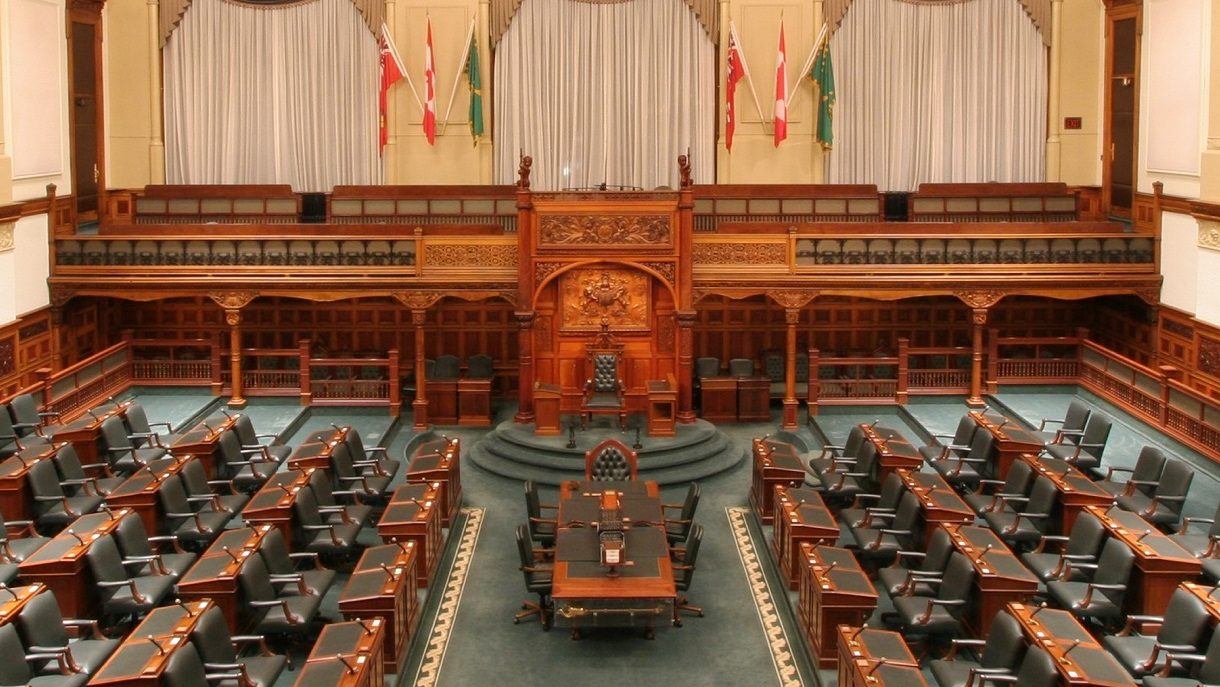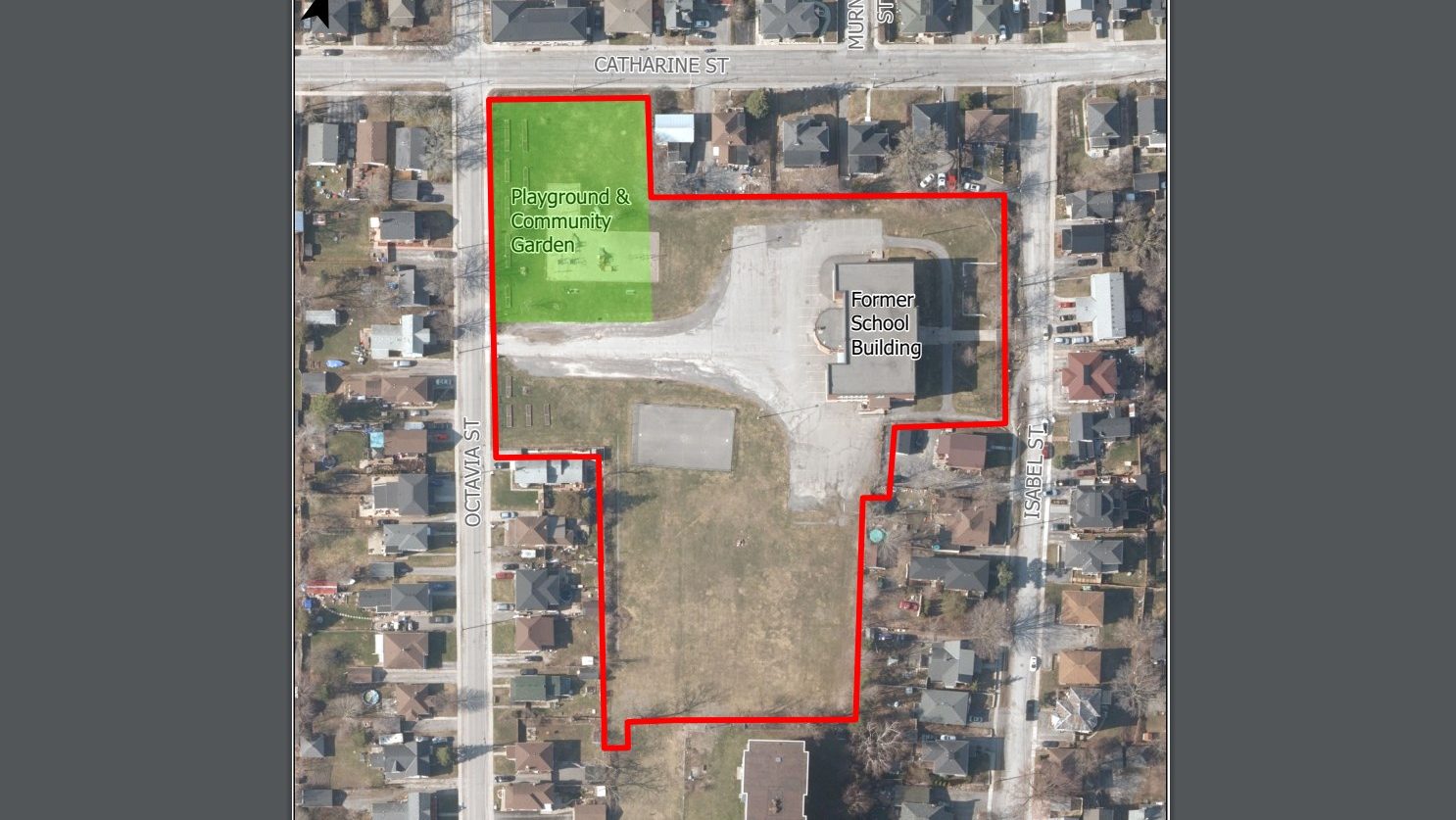Members of Parliament (MPs) are elected to represent constituents of their riding on a federal level, in the House of Commons in Ottawa, Ontario.
Requirements
To be eligible to run for the position of MP, candidates must be:
- Canadian citizen
- 18 years of age or older on election day
- Not be deemed ineligible under the criteria listed in section 65 of the Act
- Submit either a Nomination Paper (EC 20010) (paper copy filed at the returning officer’s office) or an online nomination form (filed on the Political Entities Service Centre portal)
- Signature, name, and address of at least 100 electors who are qualified to vote in the electoral district
Job duties
- Represent their riding and their political party
- Participate in Parliamentary debate – speeches during debate on a government bill or representations made during the daily Question Period seek to persuade the Cabinet to move in directions advocated by individual MPs
- Ask or answer questions during Question Period
- Receive input and respond to the needs of their constituents
- Move motions or table public or private bills to enact, amend or repeal laws and regulations
- Appeal to Ministers on behalf of their constituents – Members may telephone, write, or talk to Ministers and senior officials to discuss their policy concerns in the hope of influencing and persuading policymakers privately to change existing or proposed legislation.
- Attend committee and caucus meetings to participate in developing or amending government policies, programs or procedures
- Influence government policy indirectly through the media – MPs public championing of specific alternative policy options may foster a public mood hostile to proposed or current government legislation
- Prepare, accept and present federal petitions from voters
- May serve as minister responsible for a government department or agency and direct senior government managers and officials in the implementation of government policy and the management of that department or agency
Compensation
In 2024:
- Prime Minister – $406,200
- Leader of the Opposition – $299,900
- Minister – $299,900
- Party leader – $271,700
- Backbenchers – $203,100
MP pay is automatically increased annually on April 1 based on average wage bumps from major private sector settlements.
Pension
MPs must have served for at least 6 years to be entitled to a pension when they retire. MPs with fewer than 6 years of service receive their pension contributions back, plus interest. After January 1, 2016, an MP with 6 years of service may receive their pension at age 65. It is reduced by 1% for each year they retires before age 65.
Members of Parliament Pension Plan is governed by the Members of Parliament Retiring Allowances Act.
Roles
Members of Parliament have many roles. In theory at least, they are to be constituency representatives and ombudsmen, orators and law-givers, policymakers and watchmen over the government and bureaucracy, loyal party members and sensitive family members. In reality, they are human beings who cannot hope to cover adequately all these bases.
To be successful over the long run, Members of Parliament must find a balance between their personal, party, and parliamentary lives. This involves deciding which of their parliamentary roles to emphasize. A great many decide to focus on their representational role because acting as “ombudsman” in particular can offer not only political, but also the greatest personal satisfaction. Other Members are attracted to politics to achieve certain policy and legislative goals.
MEMBERS OF THE HOUSE OF COMMONS: THEIR ROLE – Political and Social Affairs Division
Representative role
When not at the House, MPs have a number of responsibilities in their home ridings such as meeting with constituents to listen to their concerns, helping to resolve matters related to provincial government services, and attending community events such as school openings or local fundraisers.
Constituent services
MP’s offices may help you deal with any federal department, agency, or crown corporation, including Service Canada programs:
- Canada Border Service Agency
- Canada Revenue Agency (CRA)
- GST/HST
- Canada Child Benefits
- Ontario Trillium Benefit
- Ontario Senior Homeowner Property Tax Grant
- Canada Pension Plan (CPP)
- Citizenship and Immigration
- Employment Insurance (EI)
- Maternity
- Paternity
- Compassionate Care Benefits
- Parents of Critically Ill Children
- Family Credit and Benefits
- Federal Small Business programs
- Firearms Licensing
- Global Affairs
- Grant applications
- Income Tax (CRA)
- Indigenous Service
- Old Age Security (OAS)
- Passports
- Veterans Affairs
- Congratulatory Certificates/special greetings & certificates – some MPs offer congratulatory certificates for residents celebrating a significant anniversary, birthday or other special occasion.
Lead, or relay local interests?
It is uncertain whether, as representatives, MPs ought ideally to interpret, and ultimately mould, public opinion, or whether their purpose is rather merely to relay their constituents’ views to those in positions of authority.
Proponents of the latter “delegate” approach maintain that sovereignty is best exercised, to the extent practical, by those in whom it ultimately resides, the people. In the 35th Parliament, this view is strongly upheld by members of the Reform Party.
Many MPs maintain that it is not only their right but, more importantly, their moral obligation to provide leadership in the face of changing public opinion. Indeed, denied this leadership role, MPs are reduced to the level of sheer political opportunists — a state that sacrifices both the individual’s moral integrity and the overall dignity of Parliament. Thus, generally, MPs look beyond the myopic concerns of locality and region towards the larger national interest. As a result, the Parliament they collectively serve becomes more than a sum of its parts.
The British philosopher Edmund Burke wrote:
MEMBERS OF THE HOUSE OF COMMONS: THEIR ROLE (1997)Parliament is a deliberate assembly of one nation, with one interest, that of the whole; where, not local purpose, not local prejudices ought to guide but the general good, resulting from the general reason of the whole.(3)
Speak out, or maintain appearance of solidarity?
Paradoxically, it can be argued that opposition MPs are freer to represent their constituents than are government backbenchers. Because governments must often make unpopular decisions, the governing party’s need to appear united is normally more acute than that of its opposition counterparts. If the party in power can maintain the appearance of solidarity, it will be more successful in convincing the public that the decisions it has taken — however unpopular — are the right ones. The range of issues on which government Members choose to speak out and the extent to which they make their voices heard, may be limited somewhat by their career aspirations.
MEMBERS OF THE HOUSE OF COMMONS: THEIR ROLE – Political and Social Affairs Division
Party discipline
Party discipline, for example, constitutes an important limitation on the influence of individual MPs. Government Members very rarely break party ranks to vote against government policy, and Opposition parties, anxious to appear united, frown on public dissent by Members.
As one former MP noted in 1978:
The most important constraint on the role of the private Member is [their] party affiliation … I cannot emphasize this point too much. Members are conscious that they entered the House as party members. This fact is part of the environment of politics. It limits what role a backbencher can envisage for [themselves].
Former MP, from MEMBERS OF THE HOUSE OF COMMONS: THEIR ROLE – Political and Social Affairs Division
Legislative role
MPPs may be assigned additional duties by their party leader in a role as:
- Minister
- Parliamentary Secretaries
- Legislative Committee members
- Official Opposition Shadow Cabinet
Ordinary MPs that are not assigned special duties are referred to as backbenchers perform only an indirect role in the legislative process.
Minister
The Prime Minister selects a number of confidential advisers, usually from among the members of the governing party, who are made members of the Privy Council and sworn in as ministers. Collectively, they are known as the “Ministry” or cabinet. The cabinet is the key decision-making forum in the federal government, responsible for its administration and the establishment of its policy.
Parliamentary Secretary
MPs of the government party named to assist a minister as the minister directs. For example, parliamentary secretaries may table documents or answer questions on a minister’s behalf.
Legislative Committees
MPs may also may exert direct influence over legislation in House committees. MPs from all parties also take part in Legislative Committees, which are small working group of MPPs responsible for detailed consideration of any matter that it is authorized to review. Most often the committees consider new laws or revisions to existing laws that have been proposed to the House.
Shadow Minister/opposition critic
The Leader of the Opposition appoints one opposition party MPs per federal department to be part of the Shadow Cabinet, responsible for holding the Government to account and for developing and disseminating the party’s policy positions.
Federal responsibilities
MPs help with questions, concerns, or issues you may have accessing federal government responsibilities, such as:
- Aboriginal Lands & Rights
- Citizenship and Immigration
- Criminal Law
- Competition
- Copyright
- Employment Insurance
- Foreign Policy
- Income Taxes
- Money and Banking (Bank of Canada)
- National Defence/Military
- National parks
- Telecommunications and broadcasting (internet, phones & TV)
- Trade and Commerce
- Canada Post Office
- Census
Conduct and conflict of interest
MPs must comply with the Conflict of Interest Act and the Conflict of Interest Code for Members of the House of Commons and are expected:
(a) to serve the public interest and represent constituents to the best of their abilities;
(b) to fulfill their public duties with honesty and uphold the highest standards so as to avoid real or apparent conflicts of interests, and maintain and enhance public confidence and trust in the integrity of each member and in the House of Commons;
(c) to perform their official duties and functions and arrange their private affairs in a manner that bears the closest public scrutiny, an obligation that may not be fully discharged by simply acting within the law;
(d) to arrange their private affairs so that foreseeable real or apparent conflicts of interest may be prevented from arising, but if such a conflict does arise, to resolve it in a way that protects the public interest; and
(e) not to accept any gift or benefit connected with their position that might reasonably be seen to compromise their personal judgment or integrity except in accordance with the provisions of this code.
Conflict of Interest Code for Members of the House of Commons
The Conflict of Interest and Ethics Commissioner has the power to investigate possible contraventions of the Members’ Code by an MP at the request of another MP. They do not provide for complaints to be received from the public.
Disclosure of personal finances
MPs are required to prepare a confidential disclosure statement of detailed information on assets, liabilities, outside activities and other interests for themselves and their immediate family members.
MPPs are required to disclose:
- Assets
- Property
- Businesses
- Investments
- Trusts
- Other sources of income
- Partner’s source(s) of income
- Liabilities
- Investment in Private Corporations
For example, here is the summary for Ryan Williams, MP for Bay of Quinte
The Public Registry contains the publicly-available information declared under the Conflict of Interest Act and the Conflict of Interest Code for Members of the House of Commons.


Leave a comment
All comments are reviewed prior to appearing on the site.
Rules: